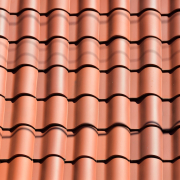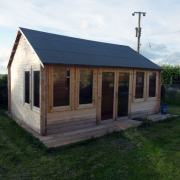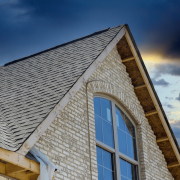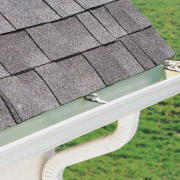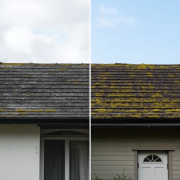Top Types of Shingles on Roofs: A Quick Guide
Need help deciding on the right shingles for your roof? Understanding the types of shingles on roofs is crucial for making the best choice for your home. This guide explains the benefits and drawbacks of options like asphalt, metal, tile, wood, synthetic, and solar shingles. It will help you choose based on cost, durability, and fit for your local weather.
Key Takeaways
-
There are several types of roof shingles, including asphalt, metal, tile, wood, synthetic, and solar, each with distinct benefits and costs.
-
Homeowners should consider factors like budget, local climate, and aesthetic preferences when selecting roofing shingles to ensure durability and increase property value.
-
Professional installation is often recommended over DIY due to the potential risks and long-term issues that can arise from improper installation.
Top Types of Shingles on Roofs: A Quick Guide
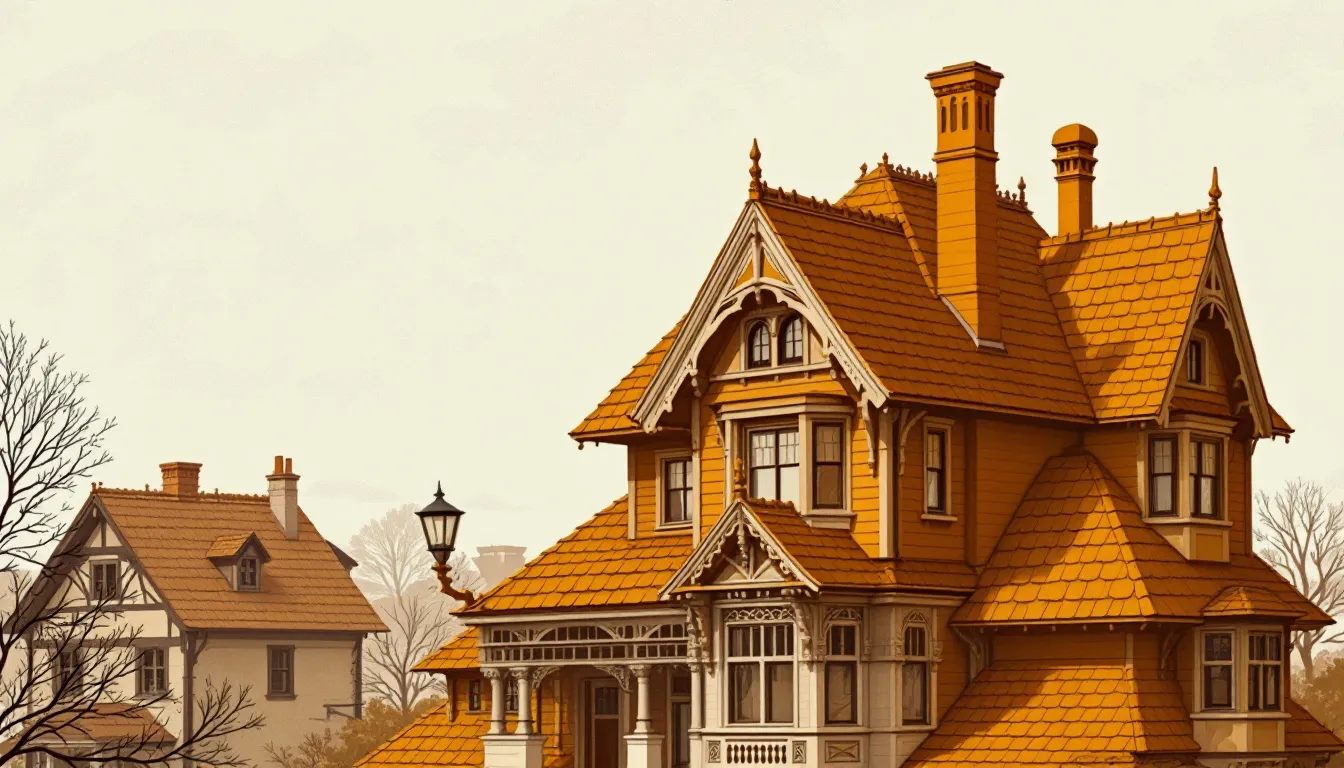
Roof shingles come in various types, each offering unique benefits and aesthetic appeal. The most common types include:
-
Asphalt shingles, known for their affordability and versatility, are the most popular choice among homeowners.
-
Metal shingles, although more expensive, offer modern durability and energy efficiency.
-
Tile shingles, made from materials like clay and concrete, provide timeless elegance and exceptional longevity.
-
Wood shingles add natural charm to any home.
-
Synthetic and eco-friendly shingles offer sustainable alternatives with modern durability.
-
Solar shingles, the latest innovation, combine energy efficiency with aesthetic appeal, generating electricity while blending seamlessly with the roof.
When choosing roof shingles, homeowners should consider factors such as budget, local climate, and style preferences. The longevity of roofing shingles can vary widely depending on the material and environmental factors. Selecting the right type of shingles can enhance the overall appearance and value of a home, making it essential to weigh the advantages and disadvantages of each option carefully.
Introduction
Understanding the different types of roof shingles is crucial for making an informed decision. There are four primary types of roofing shingles: traditional, architectural, premium, and performance shingles. The most common types found in the U.S. are asphalt, metal, tile, wood, synthetic, and solar shingles. Each type offers unique benefits, costs, materials, and styles, making it essential to choose the right one for your home.
Key features to consider when selecting roof shingles include durability, affordability, eco-friendliness, material variety, and cost variation. The aim of this guide is to help homeowners understand the various shingle types and their advantages, ensuring a long-lasting and beautiful roof.
Exploring these options helps in finding a roofing style that fits your budget, complements your home’s design, and withstands local weather conditions.
Asphalt Shingles: The Popular Choice
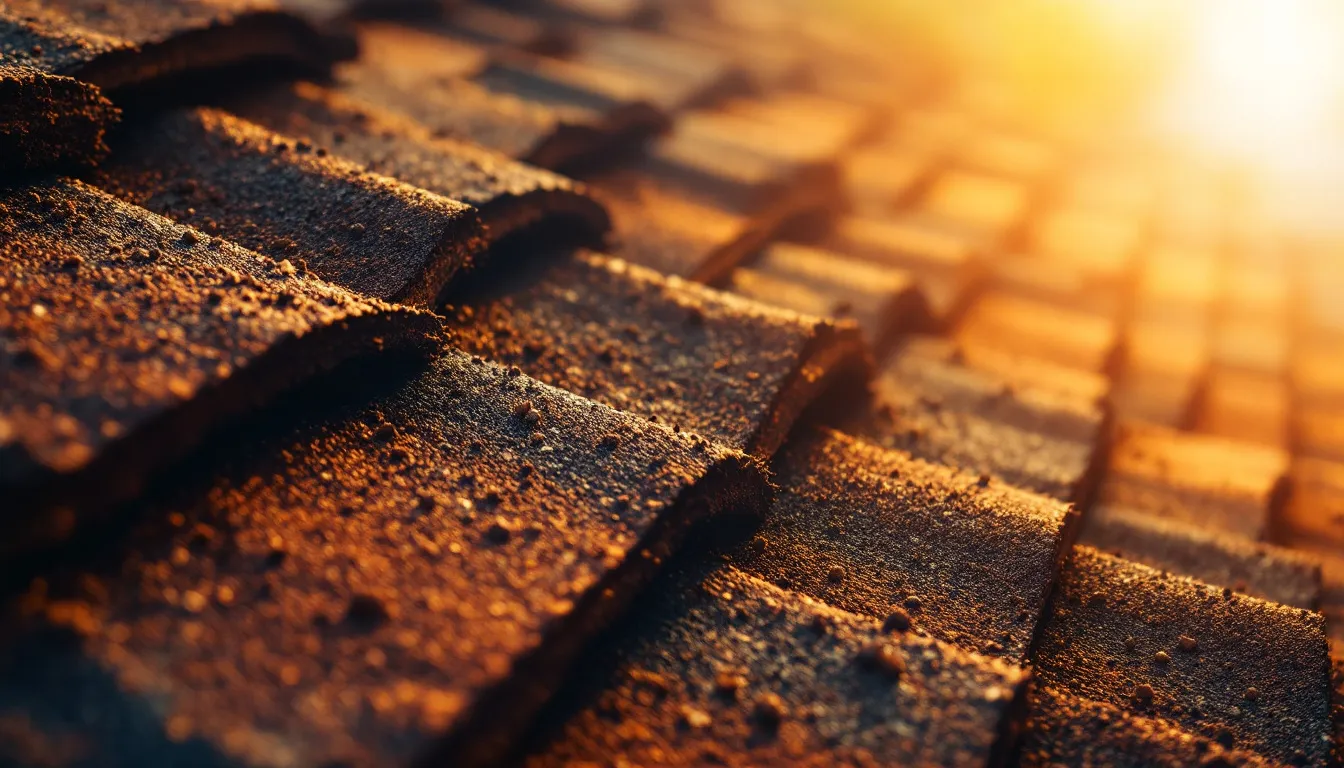
Asphalt shingles are the most popular roofing material for residential properties in the United States. Their widespread use is attributed to their affordability, versatility, and ease of installation. Asphalt roofing shingles come in various types, including three-tab, architectural, and luxury shingles, catering to different aesthetic preferences and performance needs. However, they do have some drawbacks, such as a shorter lifespan compared to other roofing materials and vulnerability to extreme weather conditions.
On average, an asphalt roof lasts around 20 years, but this can vary depending on factors such as local climate and regular maintenance. Despite their limitations, asphalt shingles remain a popular choice due to their cost-effectiveness and the ability to enhance the overall appearance and value of a home.
Three-Tab Asphalt Shingles
Three-tab asphalt shingles, also known as traditional shingles, are the oldest type of asphalt shingles still available. They are favored for their cost-effectiveness and easy installation. Modern three-tab shingles can be applied faster due to their larger size and self-sealing properties. These shingles are available in hundreds of colors, allowing homeowners to match their roofs with their home designs.
Despite their affordability, three-tab shingles have a flat and uniform appearance, which limits design variation. They typically last between 18 to 20 years, with warranties ranging from 15 to 30 years. However, extreme weather conditions like high winds and hail can reduce their lifespan, unlike strip shingles, which offer more design options.
Replacing a three-tab asphalt shingle roof on a single-story home measuring 1,800 sq. ft can be quite costly. The price typically falls between $4,286 and $6,429.
Architectural Asphalt Shingles
Architectural asphalt shingles, also known as dimensional shingles or laminated shingles, consist of:
-
Two layers for enhanced durability
-
Greater durability compared to three-tab shingles
-
Excellent weather resistance
-
Heavier construction to protect against leaks and other weather-related damages
-
Aesthetic appeal with unique patterns and shadow bands that add depth to the roof’s appearance
While architectural shingles have a higher upfront cost compared to three-tab shingles, ranging from $1.50 to $5.50 per square foot, their longevity and durability often justify the price. With proper maintenance, these shingles can last up to 50 years, making them a worthwhile investment.
Homeowners choose architectural shingles over three-tab shingles for their sophisticated appearance and superior performance in severe weather conditions.
Metal Roof Shingles: Modern Durability
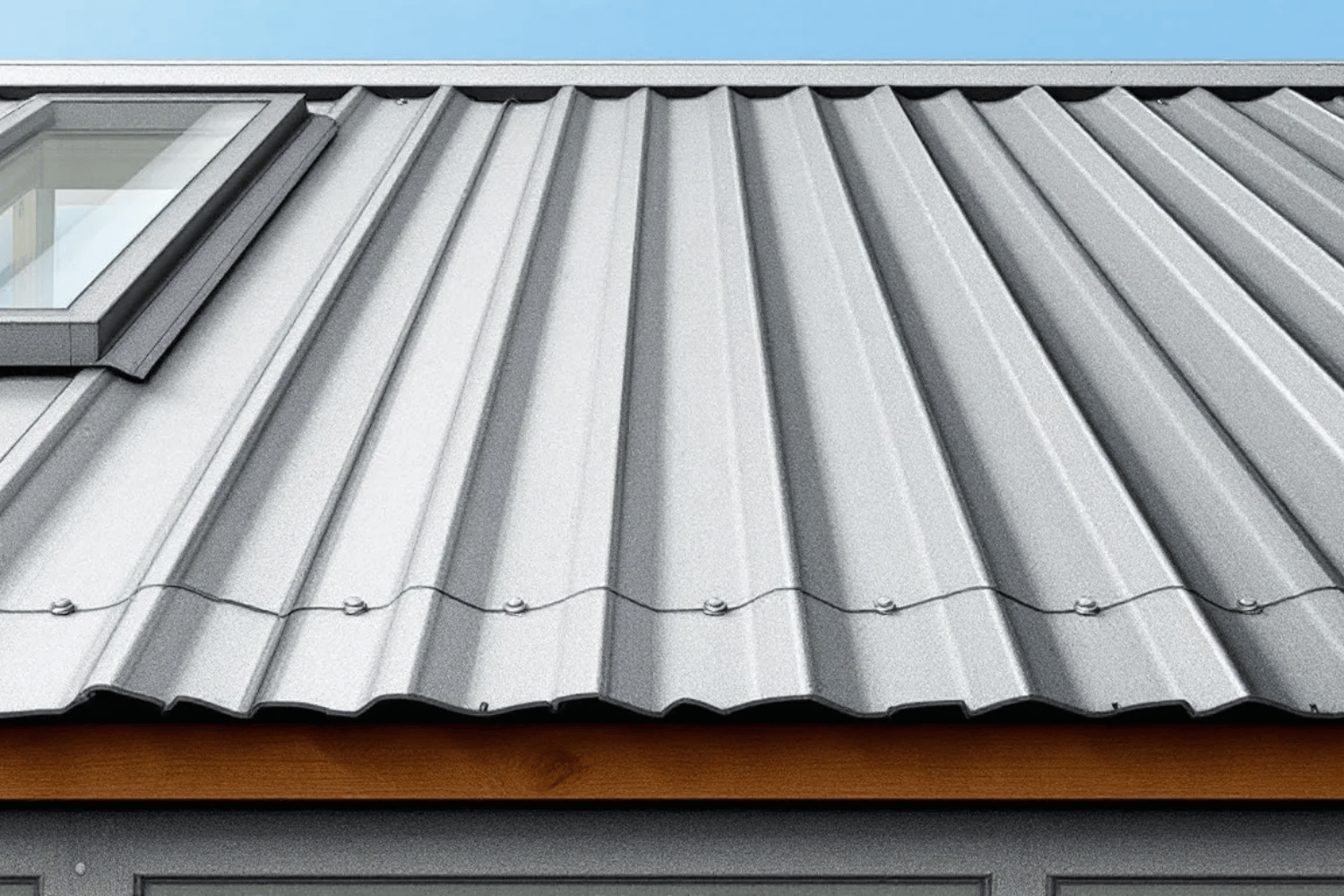
Metal roof shingles are gaining popularity due to their long lifespan, which can range between 75 to 100 years. They are designed to endure harsh weather conditions, providing protection against strong winds and severe rain. One of the significant advantages of metal shingles is their energy efficiency; they can reduce energy costs by reflecting sunlight, potentially leading to savings of 10-25% on cooling bills.
Metal roof shingles are also easy to install and lightweight, making them a practical option for many homeowners. However, they come with a higher initial cost compared to asphalt shingles. Despite this, their longevity and low maintenance needs make them a cost-effective choice in the long run.
Steel Shingles
Steel shingles are known for their durability, lasting up to 70 years. They are particularly suitable for extreme climates, as they can withstand high winds, severe storms, and wildfires. Professional installation is essential for steel shingles to guarantee a long-lasting return on investment. Experienced roofing contractors are required to ensure proper installation and adherence to safety standards.
Steel shingles require minimal maintenance, only needing occasional debris and moss removal without the necessity of sealing or painting. The cost of steel shingles ranges from $4 to $20 per square foot, making them a moderately priced option compared to other roofing materials.
Aluminum Shingles
Aluminum shingles are a favorable choice for coastal areas due to their excellent corrosion resistance and performance in various weather conditions. Known for their lightweight nature, aluminum shingles are easy to handle and install. They offer long-lasting protection and require minimal maintenance, making them a convenient option for homeowners.
These shingles are also eco-friendly, as aluminum is a recyclable material. The combination of durability, ease of installation, and environmental benefits makes aluminum shingles a popular choice among homeowners looking for sustainable roofing solutions.
Copper Shingles
Copper shingles are renowned for their aesthetic appeal and longevity, often lasting 70 years or more. Over time, copper shingles develop a unique patina, adding to their visual charm and making them a sought-after option for premium roofing projects. However, installing copper shingles requires special care to ensure proper installation and avoid potential issues.
The high initial cost of copper shingles can be a deterrent for some homeowners, but their long lifespan and minimal maintenance needs can make them a cost-effective choice in the long run. Copper shingles are an excellent option for those looking to combine beauty and durability in their roofing system.
Tile Roofing Shingles: Timeless Elegance
Tile roofing shingles are known for their timeless elegance and long lifespan, which can reach up to 100 years with proper maintenance. These shingles are traditionally made from materials like clay, terracotta, or slate shingles, but modern options also include metal and concrete. Tile shingles fit most architectural styles, enhancing the aesthetic appeal of any property, making them a popular choice alongside roof shingle options.
One of the key benefits of tile shingles is their durability and resistance to fire, rot, and insects. However, tile roofing can be more expensive than other roofing materials, especially when considering premium installation costs. Regular maintenance is required to ensure longevity, such as inspecting for damage and removing debris.
Clay Tiles
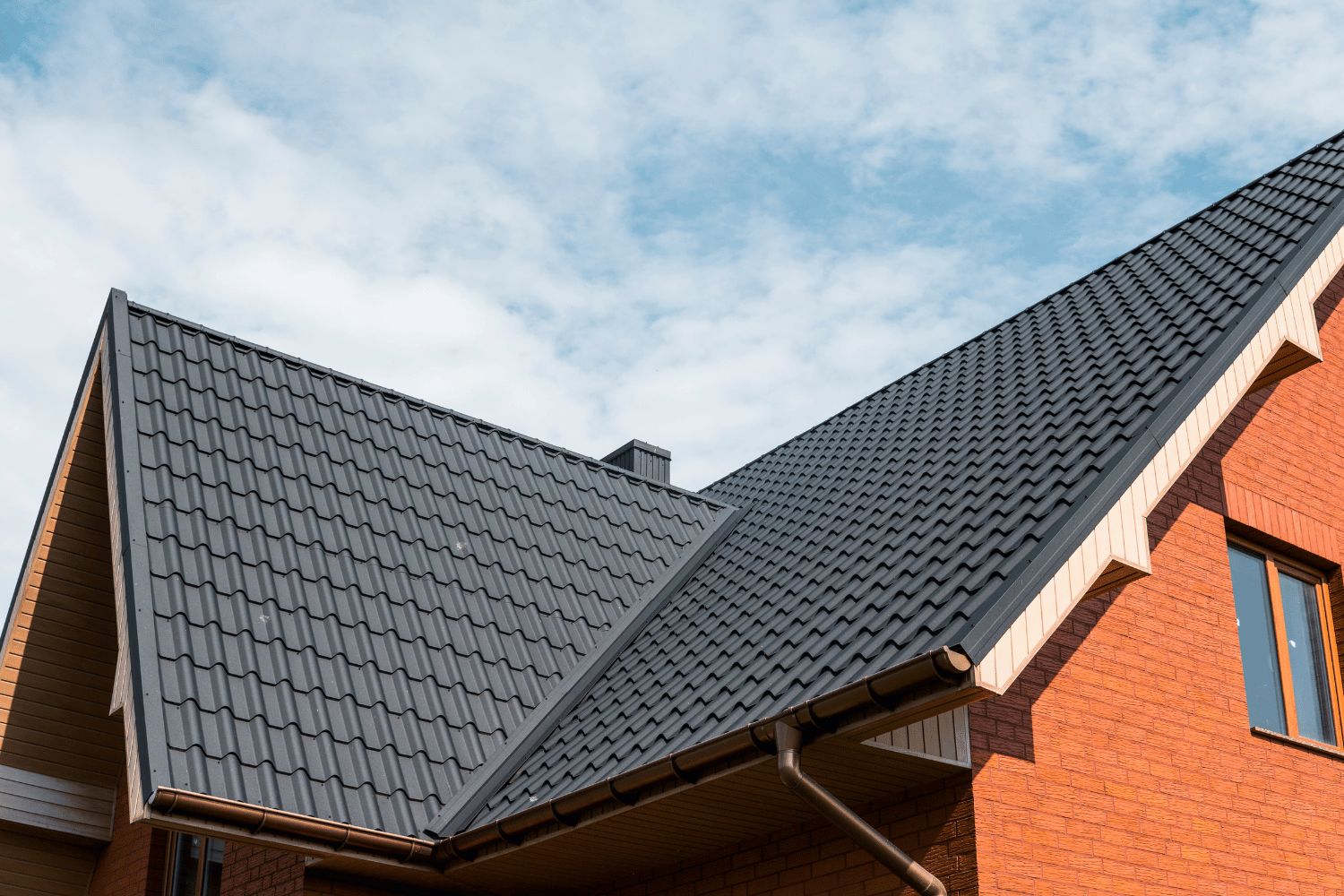
Clay tiles are valued for their aesthetic appeal and ability to withstand various environmental challenges. They come in various styles, including barrel-shaped, flat, and scalloped, allowing homeowners to choose a design that complements their home. Clay tiles are highly durable and resistant to rot, insects, and fire, making them a long-lasting roofing option.
However, the heavy weight of clay tiles requires extra structural support, and their installation should be performed by a highly skilled roofing contractor. Consulting with a structural engineer before installation is advisable to ensure the roof can support the additional weight.
Concrete Tiles
Concrete tiles are appreciated for their affordability and can replicate the appearance of more expensive natural materials. They have a long lifespan, ranging from 40 to 80 years, and are also resistant to fire, rot, and insects. Proper installation by an experienced professional is crucial, and some inspections and potential reinforcement of the home structure may be necessary.
Concrete tiles require virtually no maintenance, making them a convenient option for homeowners seeking a durable and low-maintenance roofing solution. Their combination of affordability, durability, and aesthetic appeal makes concrete tiles a popular choice for various architectural styles.
Slate Tiles
Slate tiles offer a luxurious finish and are incredibly durable, making them a premium roofing option. With proper maintenance, slate tiles can last for centuries, providing an exceptional long-term investment for homeowners. However, the high cost of slate tiles, ranging from $6.65 to $12.13 per square foot, makes them one of the most expensive roofing materials available.
Due to their incredible weight, slate tiles require additional structural support and may necessitate a home inspection and possible roof truss reinforcement. Despite the high initial cost, slate tiles’ longevity and minimal maintenance needs make them a worthwhile investment for those seeking a durable and elegant roofing solution.
Wood Shingles: Natural Charm
Wood shingles offer natural beauty and charm, enhancing the feel of any home with various construction styles. Several types of wood, including cedar, pine, and oak, are used to make wooden roof shingles, each offering different levels of durability and aesthetic appeal. Wood shakes provide a more rustic, textured appearance compared to wood shingles and wood shake shingles. They are traditionally made from cedar wood.
The average lifespan for most wooden roofs is between 15 to 20 years, while properly maintained wood shingles can last 20–30 years. The cost of wood shingle installation typically ranges between $4.25 to $9.50 per square foot, and they require regular maintenance to prevent rot and decay.
Cedar Shakes
Cedar shakes are renowned for their rustic appearance and natural durability due to the presence of natural oils in the wood. These shakes typically last 30 to 40 years with regular maintenance, which includes routine cleaning, sealing, and inspections to prevent decay and prolong their lifespan. The cost of installing cedar shakes ranges between $6 to $10 per square foot, reflecting their premium quality and aesthetic appeal.
Regular maintenance is crucial for cedar shakes, as neglect can lead to rot and insect damage. Homeowners who choose cedar shakes must be prepared for ongoing care to maintain their roof’s integrity and appearance.
Despite the maintenance requirements, the unique charm and longevity of cedar shakes make them a popular choice for those seeking a natural and timeless look for their home.
Other Wood Species
Other wood species such as redwood and pine are also used for shingles, offering varying levels of durability and aesthetic appeal. Redwood shingles provide a balance of cost and aesthetics, making them a viable alternative to cedar. However, they require more frequent maintenance to preserve their appearance and structural integrity.
Pine shingles are the least durable among commonly used wood species, necessitating the most upkeep to prevent decay and damage. When comparing these options, cedar stands out for its superior durability and lower maintenance needs, while redwood and pine offer more affordable alternatives with higher care requirements.
Homeowners should weigh these factors when choosing the type of wood shingles for their roofing project.
Synthetic and Eco-Friendly Shingles
Synthetic and eco-friendly shingles are engineered to mimic traditional materials while providing modern durability and sustainability. These shingles offer homeowners the aesthetics of natural materials without the environmental repercussions, making them a popular roofing material for those seeking style, sustainability, and long-lasting protection.
Plastic roofing shingles, for instance, are lightweight and ideal for homes unable to support heavier materials. They can last up to 50 years in ideal climates and require little to no maintenance, making them a convenient option for homeowners. Additionally, synthetic shingles often include recycled materials, contributing to their eco-friendly appeal and reducing overall environmental impact.
Composite Shingles
Composite shingles are made from recycled plastic materials, providing an eco-friendly option that mimics the appearance of traditional wood or slate. With proper care, composite shingles can have a lifespan of 30 to 50 years, making them a durable roofing choice for homeowners seeking a sustainable and long-lasting solution.
Maintaining composite shingles requires keeping them clean and free of debris to ensure longevity and performance. Compared to other synthetic shingles, composite shingles stand out for their durability and minimal maintenance needs, offering a practical and eco-friendly roofing option.
Rubber Shingles
Rubber shingles are particularly known for their flexibility, allowing them to withstand impacts and severe weather conditions. Made from recycled materials like tires and plastics, rubber shingles enhance their eco-friendly profile while providing durable roofing solutions.
These shingles can last 15 to 25 years under typical conditions, offering a balance of longevity and sustainability. Rubber shingles are also energy-efficient, helping to reduce energy bills through their insulating properties and making them an appealing choice for environmentally conscious homeowners.
Professional Installation vs. DIY
When it comes to installing roof shingles, many homeowners face the dilemma of choosing between professional installation and DIY. Professional installation offers several advantages, including expert knowledge, specialized equipment, and adherence to safety standards. Hiring professional contractors ensures that the roofing project is completed efficiently and correctly, providing peace of mind and reducing the risk of long-term issues such as leaks and structural damage.
On the other hand, DIY roofing can lead to additional costs due to mistakes made during installation and potential hidden damage issues. The risks of DIY roof installation may include voiding warranties and compromising the roof’s integrity.
Therefore, while DIY projects might seem cost-effective initially, the benefits of professional installation often outweigh the risks, making it a safer and more reliable choice for most homeowners.
Financing Your Roof Replacement
Financing a roof replacement can be achieved through various options, including credit cards, personal loans, home equity loans, and contractor financing. A personal loan allows borrowers to receive a lump sum that can be repaid in fixed monthly installments, typically ranging from $1,000 to $100,000. Home equity loans enable homeowners to leverage the equity in their property for borrowing, often providing fixed rates for up to 30 years.
Waddle Exteriors assists customers in locating optimal financing choices tailored to their roofing project after assessing and finalizing the estimate. Borrowers should shop around and compare terms from multiple lenders to find competitive rates that suit their financial situation.
Some financing options, such as home equity loans and cash-out refinancing, can provide tax-deductible interest under certain conditions, offering additional financial benefits.
Summary
Choosing the right roof shingles is a crucial decision that can significantly impact your home’s durability, energy efficiency, and aesthetic appeal. From the affordability of asphalt shingles to the modern durability of metal shingles, and the timeless elegance of tile shingles, each roofing material offers unique benefits and considerations. Wood shingles provide natural charm, while synthetic and eco-friendly shingles combine sustainability with modern durability. Solar shingles represent the future of roofing, merging energy efficiency with aesthetic appeal.
Professional installation is often the best choice to ensure a long-lasting and efficient roofing system, and various financing options can help make roof replacement projects more affordable. With over 40 years of experience, Waddle Exteriors is dedicated to helping homeowners find the perfect roofing solutions tailored to their needs and budgets. Invest in a roof that not only protects your home but also enhances its beauty and value.
Frequently Asked Questions
What are the most common types of roof shingles?
The most common types of roof shingles are asphalt, metal, tile, wood, synthetic, and solar shingles, each providing distinct advantages and visual styles.
How long do asphalt shingles typically last?
Asphalt shingles typically last around 20 years, though their lifespan can be influenced by local climate conditions and the level of maintenance. Regular upkeep can help maximize their longevity.
What are the benefits of choosing metal roof shingles?
Choosing metal roof shingles ensures durability with a lifespan of 75 to 100 years, along with energy efficiency and excellent weather resistance. This makes them a cost-effective and reliable roofing choice for any homeowner.
Are solar shingles worth the investment?
Solar shingles are indeed a smart investment, as they produce electricity, lower energy bills, and increase property value while complementing your home’s appearance.
What financing options are available for roof replacement?
For roof replacement, you can consider financing options such as credit cards, personal loans, home equity loans, and contractor financing. It’s beneficial to explore these tailored choices to find the best fit for your needs.


